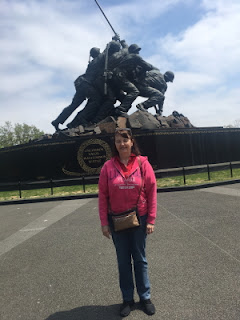I am facing a dilemma. My current contract with Dundurn will soon be fulfilled, with Wreck Bay in its final edits and scheduled for winter release. Dundurn and I are discussing what should come next. Once Wreck Bay comes out, the Amanda Doucette series will have five books with settings that span Canada from Newfoundland to Vancouver Island. The much-longer running Inspector Green series has eleven books. I am trying to decide which series I want to address next.
Both series have similarities – they are gritty, realistic, psychological stories with underpinnings of social justice – and both have a following. Although many people like both series, some are fonder of Green, which is a more classic police procedural whodunit, while others like the more adventure thriller style of Doucette, along with the exploration of Canada.
There are differences for me too. The Green books are easier to write, not because the plots or issues re simpler, but because the setting is Ottawa, which I know very well, and more of the characters carry over from book to book. His family and colleagues, for example. As well, police procedurals have the built-in structure of a police investigation which I can fall back on for inspiration. Amanda requires research into a whole new setting for every book, most of which are unfamiliar, necessitating more reading and at least one trip out there to explore and get the details right. The books also have only three characters (four including the dog) in common, so I have to start from scratch creating a world of characters and their relationship to Amanda.
Moreover, plotting an amateur sleuth book is much more challenging. There are no guideposts of what might come next, and I have to be very creative about how Amanda becomes and stays involved in the crime.
I love writing both series. I love the adventures Amanda takes me on, and I love the old friends I've created in the Green books. Both series offer intriguing possibilities for a next book. I would travel north for the next Amanda, probably setting the story somewhere in Nunavut or the Yukon, which I know from previous visits and have contacts in. I have no idea what the story would be, but that would come.
In The Devil to Pay, I shook up the series by introducing his daughter as a rookie cop and a brash, young detective who wants to get ahead. This younger generation modernizes the series and adds a new dimension that I'd enjoy exploring.
At this point I have no idea what either story would be about, but that will come once I focus my energies. I will continue spinning possibilities in my head until one emerges as a clearer frontrunner. Meanwhile I leave you with the question; do you have a preference for what you'd like to see. I'd love to hear from you! Tell me which, and maybe why, in the comments.



























